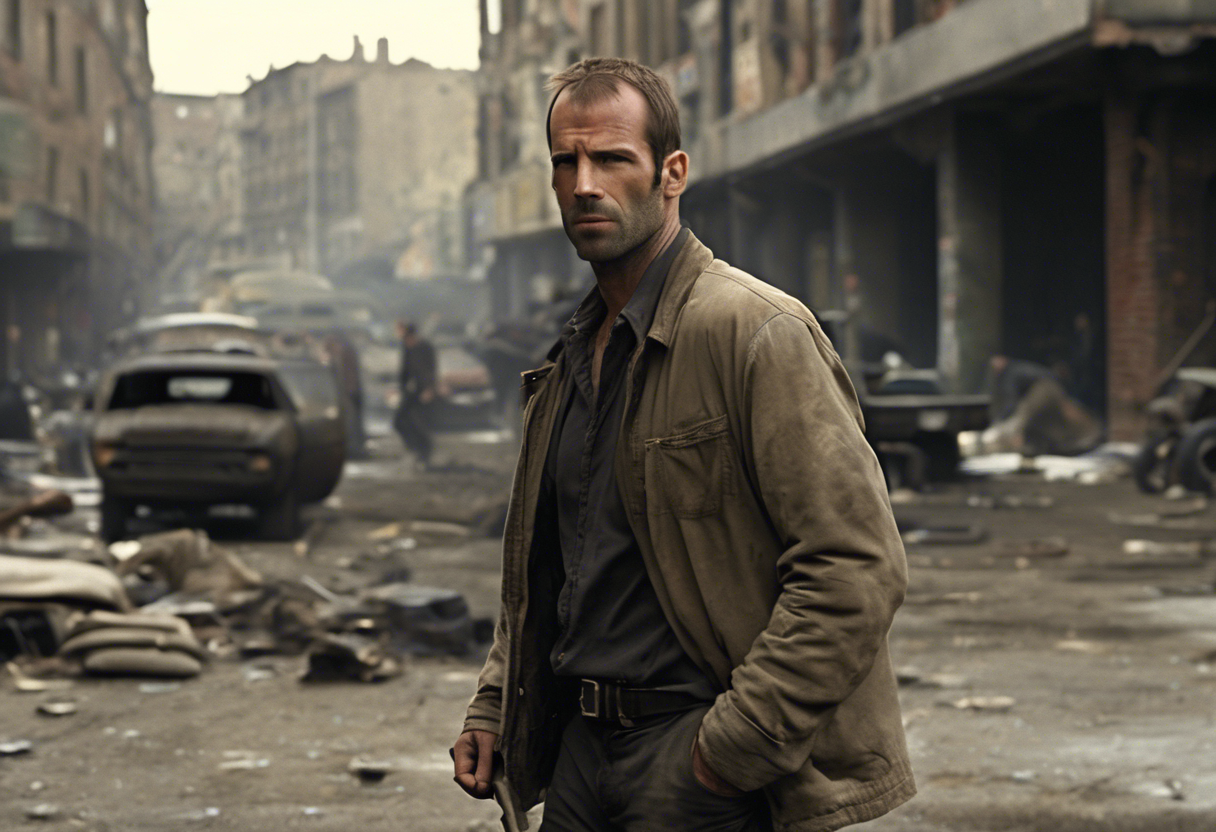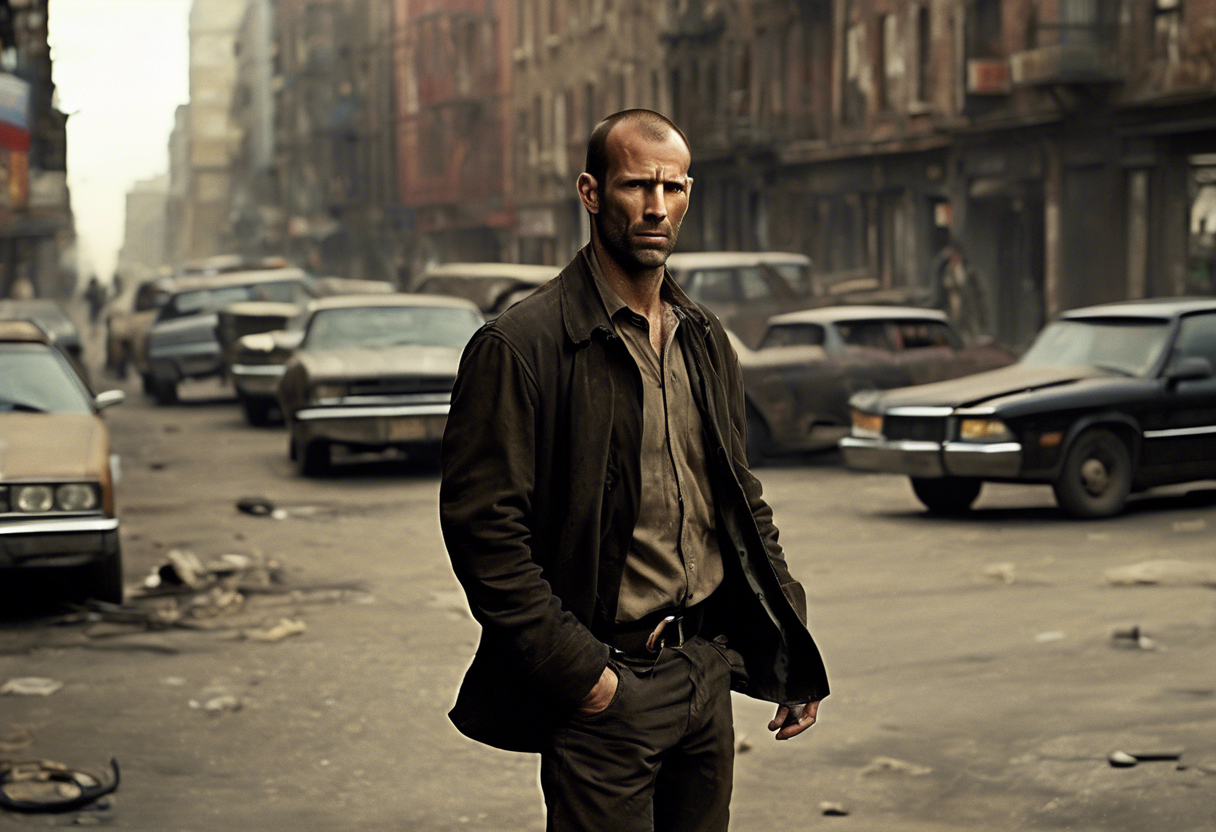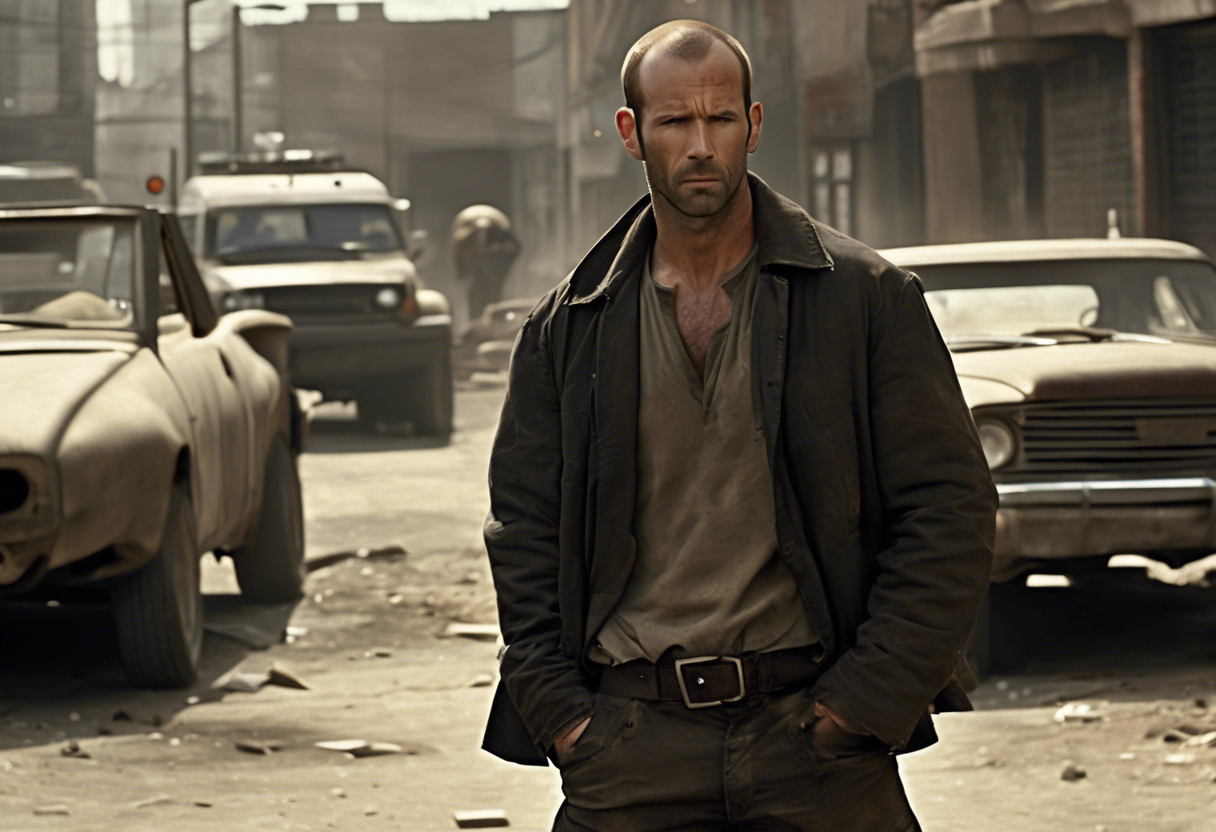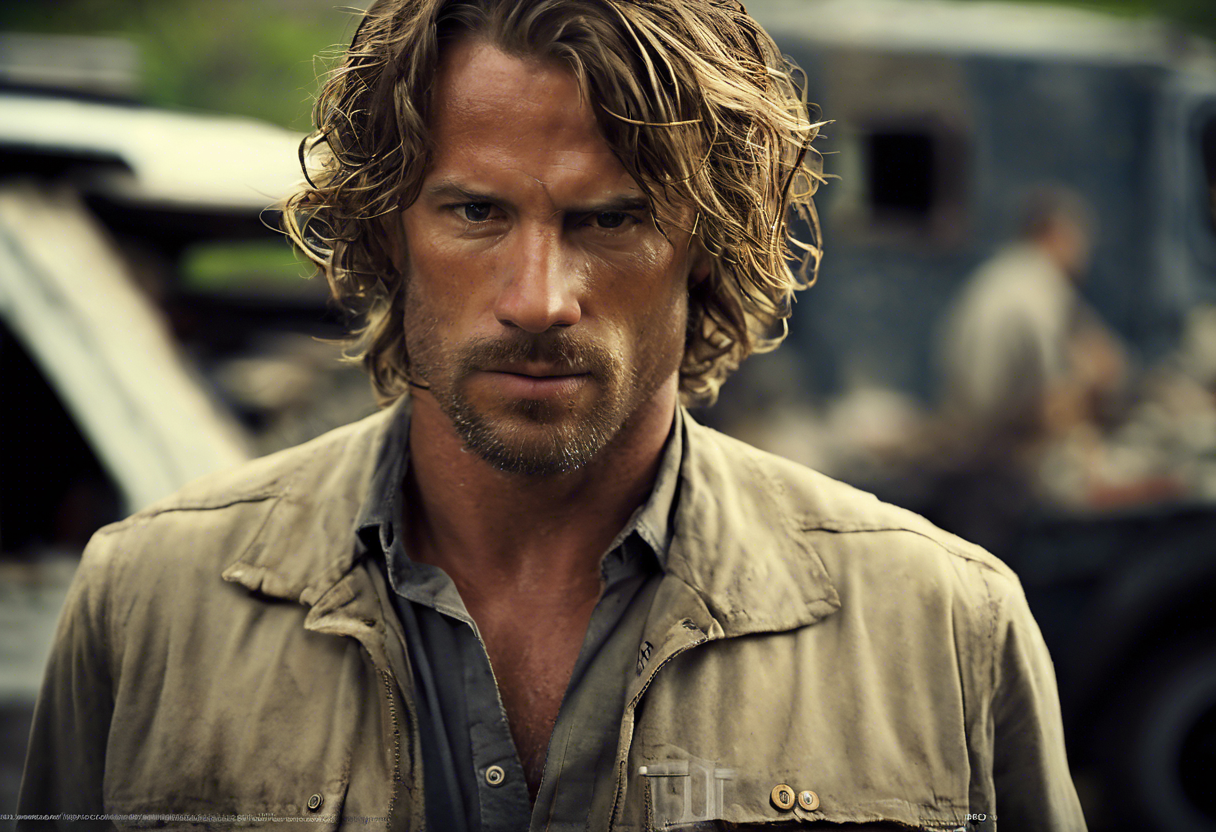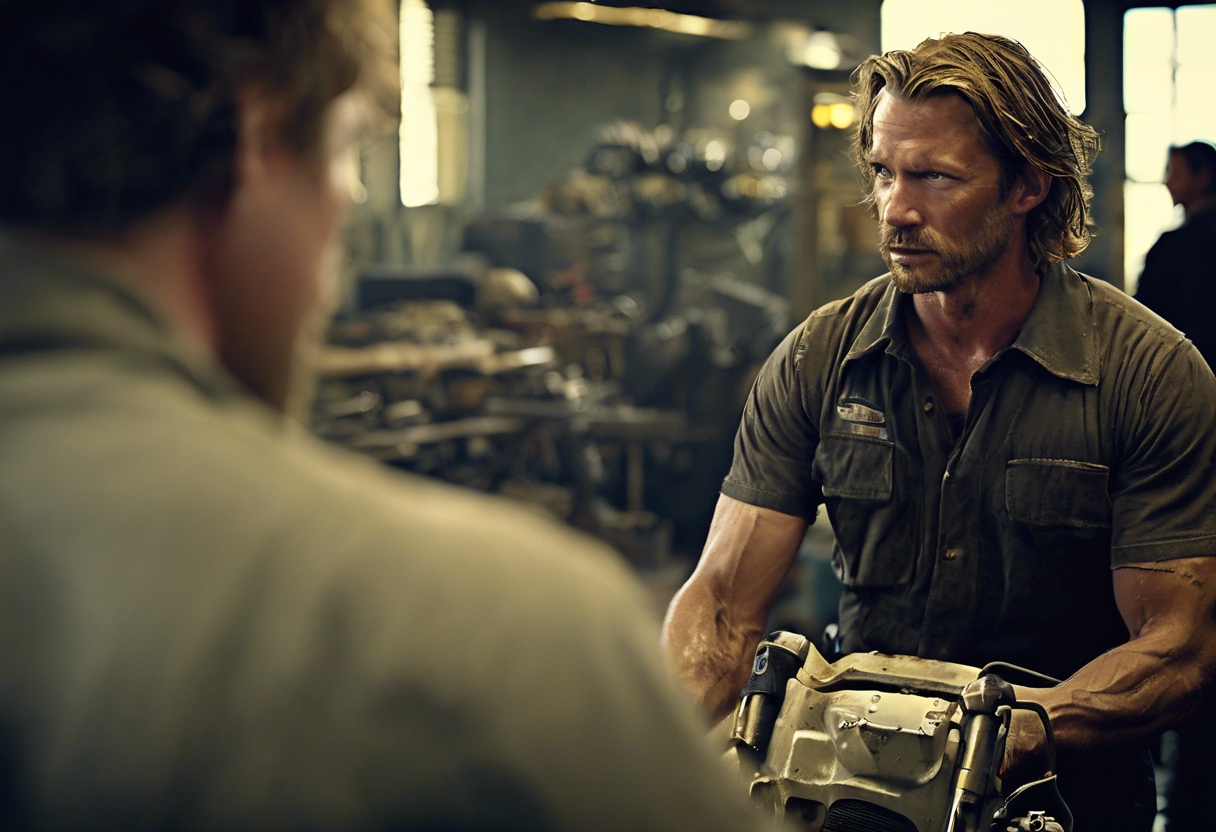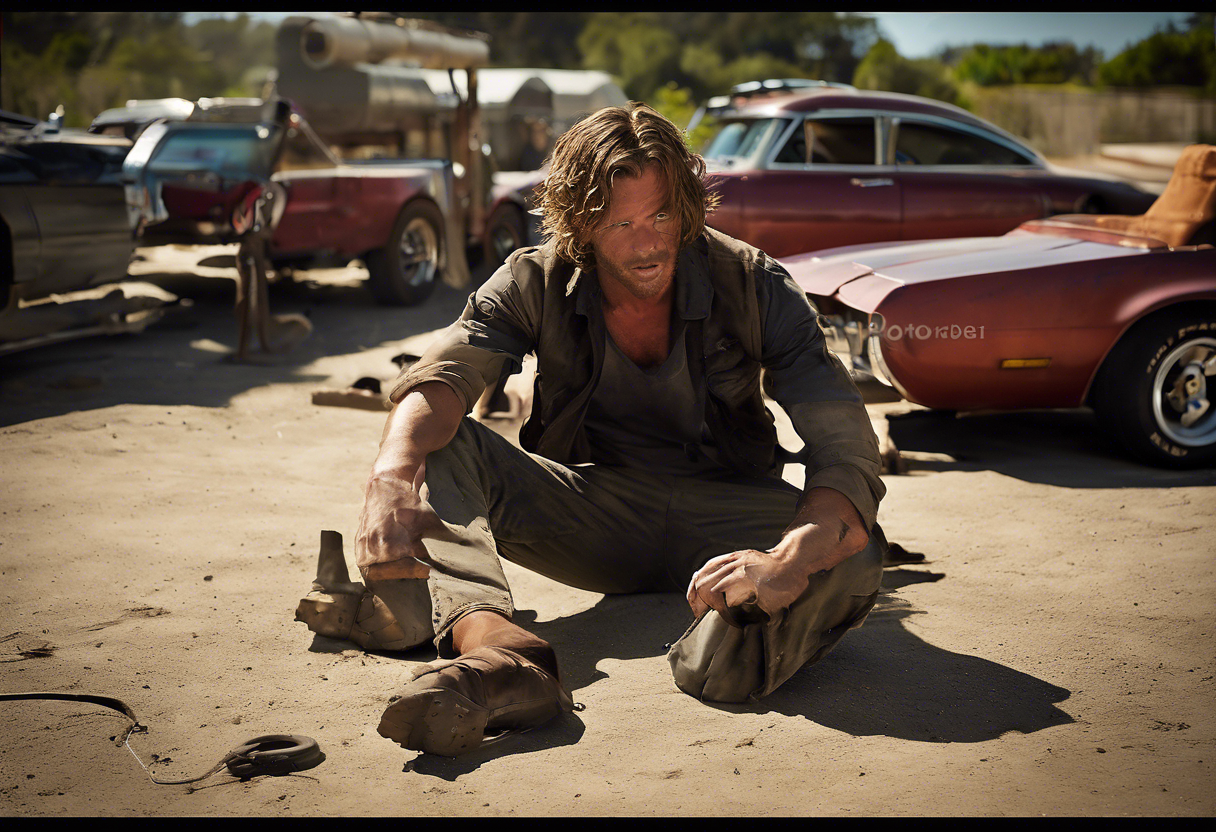Contents
The Mechanic (2011): A Detailed Analysis
Introduction
The Mechanic, released in 2011, is a remake of the 1972 film of the same name. Directed by Simon West and written by Richard Wenk and Lewis John Carlino, the movie stars Jason Statham as Arthur Bishop, a professional assassin known as a ‘mechanic.’ The film is produced by Robert Chartoff, William Chartoff, and John Thompson, and it marks a significant entry in the action-thriller genre.
The production history of The Mechanic involves a meticulous approach to recreating the original while adding modern twists. Simon West, known for his work on action films like Con Air and The Expendables 2, brings a high-octane energy to the film. The screenplay, adapted from the original by Lewis John Carlino, was updated by Richard Wenk to fit contemporary audiences.
The Mechanic was released on January 28, 2011, in the United States and received attention for its intense action sequences and the chemistry between its lead actors, Jason Statham and Ben Foster. What sets The Mechanic apart within its genre is its focus on the meticulous planning and execution of hits, as well as the complex relationships between its characters.
Plot Summary
The film centers around Arthur Bishop (Jason Statham), an elite hitman who works for a clandestine agency. Bishop is known for his precision and ability to make his hits look like accidents or natural deaths. His next target is Andrew Vaughn, a cult leader, but the mission is complicated when Vaughn’s doctor administers ketamine, which would counteract the planned adrenaline overdose. Bishop and his new apprentice, Steve McKenna (Ben Foster), decide to suffocate Vaughn instead[1][2].
Steve is the estranged son of Harry McKenna (Donald Sutherland), Bishop’s friend and mentor. Bishop is assigned to kill Harry due to a perceived betrayal in a South African operation, but it is later revealed that the true betrayer is Dean (Tony Goldwyn), the agency’s mission controller. Bishop kills Harry and makes it look like a carjacking gone wrong, unaware of the truth%[4].
Bishop takes Steve under his wing and teaches him the trade of being a ‘mechanic.’ As they work together, they uncover the truth about Dean’s betrayal and decide to take him down. The plot thickens when Steve discovers that Bishop was the one who killed his father, leading to a series of intense confrontations and betrayals.
In the climax, Bishop and Steve ambush and kill Dean. However, Steve’s anger and desire for revenge lead him to attempt to kill Bishop. Steve blows up the truck with Bishop seemingly inside but later discovers that Bishop had escaped. Steve then returns to Bishop’s house, where he ignores Bishop’s warnings not to play a record on the turntable or take the 1966 Jaguar E-Type. Both actions trigger explosions set by Bishop, resulting in Steve’s death and the destruction of the house[1][2].
Themes and Symbolism
The Mechanic explores several central themes that contribute to its storytelling and resonance with audiences. One of the primary themes is the concept of loyalty and betrayal. The complex web of relationships between Bishop, Harry, Steve, and Dean highlights the consequences of betrayal and the importance of loyalty in a world where trust is a luxury.
Another significant theme is the mentor-apprentice relationship. Bishop’s role as a mentor to Steve is fraught with tension and moral ambiguity, especially given that Bishop is responsible for Harry’s death. This dynamic explores the ethical dilemmas faced by characters in morally gray areas%[4].
Symbolism is also prevalent, particularly in the use of Bishop’s isolated cabin in the swamp. This setting symbolizes Bishop’s isolation and his need for solitude, reflecting his profession’s demands and the emotional detachment required to perform his duties.
The film’s use of precision and planning as a metaphor for control is also noteworthy. Bishop’s meticulous approach to his hits reflects his need for control in a chaotic world, while the eventual unraveling of his plans underscores the unpredictability of human relationships and actions.
Cultural Impact
The Mechanic had a notable cultural impact upon its release. The film’s intense action sequences and the performances of Jason Statham and Ben Foster were widely discussed. The movie’s portrayal of high-stakes assassinations and the intricate planning involved resonated with fans of the action-thriller genre.
The film’s influence can be seen in subsequent action movies that emphasize detailed planning and execution. The Mechanic also contributed to the resurgence of interest in the original 1972 film, introducing it to a new generation of viewers.
In popular culture, The Mechanic has been referenced in various forms of media, including other films and television shows, often as a benchmark for professional assassins and their methods.
Critical Reception
The Mechanic received mixed reviews from critics at the time of its release. Many praised the film’s action sequences and the performances of the lead actors, while others found the plot predictable and the characters underdeveloped%[5].
Audiences generally responded positively to the film’s high-octane action and the chemistry between Statham and Foster. However, some critics felt that the film did not fully explore the potential of its characters and plot, leading to a sense of wasted potential%[4].
Over the years, The Mechanic has developed a cult following, with many appreciating its straightforward approach to action and its exploration of complex moral themes.
Legacy
The Mechanic continues to be relevant in the cinematic landscape. It has inspired filmmakers to focus on the meticulous planning and execution of action sequences, and its influence can be seen in various action-thrillers that followed.
The film’s portrayal of complex characters in morally ambiguous situations has also resonated with audiences, making it a staple in the genre. The dynamic between Bishop and Steve has been particularly praised for its depth and complexity, adding a layer of emotional resonance to what could have been a straightforward action film.
In conclusion, The Mechanic is a significant entry in the action-thriller genre, known for its intense action sequences, complex characters, and exploration of themes such as loyalty, betrayal, and control. Its influence on popular culture and its enduring relevance make it a film worth revisiting and analyzing.

